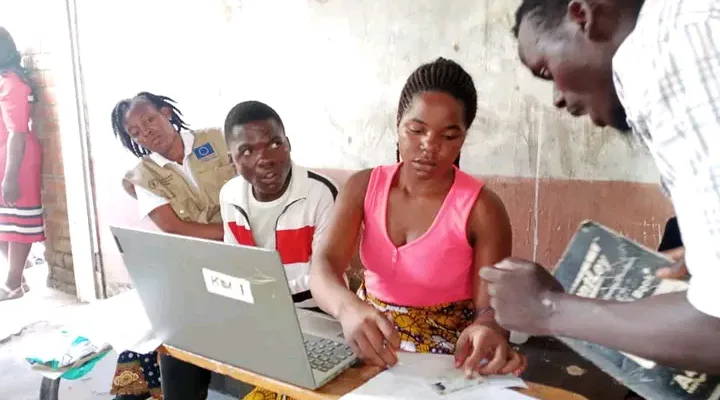
Participants in the Climate Smart Public Works Programme (CSPWP) in Kasungu district have asked authorities to increase the number of work cycles so that conservation efforts are spread throughout the year.
Making the call on Sunday during a field visit to Mdima catchment, Eliphala Lembani of Mwezi village in Traditional Authority Santhe said there are a lot of months without conservation activities as works are only done in one cycle of 24 days in a year.
He said: “The concern is two fold. Firstly, these activities are meant to conserve the environment but the challenge is we have very few working days in a year. We would definitely be happy if the works are spread throughout the year.
“Secondly, this programme has a livelihood component where participants get some wages at the end of the year. So you can see that we only work 24 days the whole year and get 28, 800 which is not enough to take care of our socioeconomic needs.”
Another participant Salomy Atisoni said since CSPWP beneficiaries are excluded from other social protection initiatives like Social Cash Transfers and Agriculture Inputs Programme, there is need to give them more cycles so that the programme’s livelihood component is achieved.
Kasungu District Council Desk Officer for the project, Ignatius Lipato, said plans have already been made to increase the cycles from one to four, beginning this 2024/2025 financial year.
“We had a number of challenges that were delaying us because we were doing a number of activities manually and this was taking a lot of our time as an office. This included manual mode of payment.
“The good thing is we are migrating to electronic payments and most of the issues that were eating up our time will be handled on digital platforms. This is why this time we will go up to four cycles which means more work and money for the participants,” Lipato said.
Lipato said the district has also increased the number of conservation catchments from 20 to 24 which has seen the number of participants also increasing from 15 802 to 23 532 necessitated by presence of more ultra-poor households, population size and sizes of the catchments.
The CSPWP is a component of the Social Support for Resilient Livelihood Programme funded by the World Bank and the Multi-Donor Trust Fund.
Reported by Wanangwa Tembo














